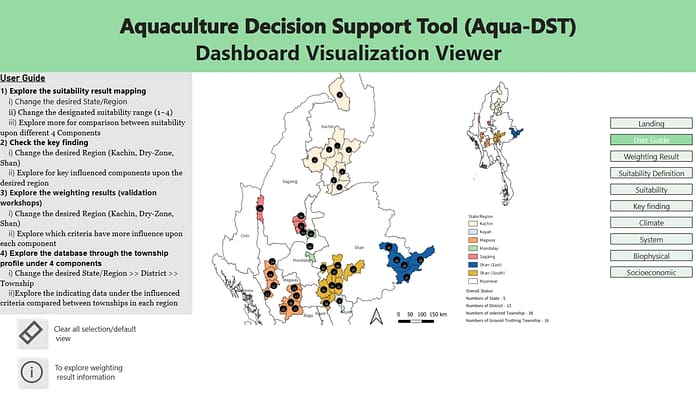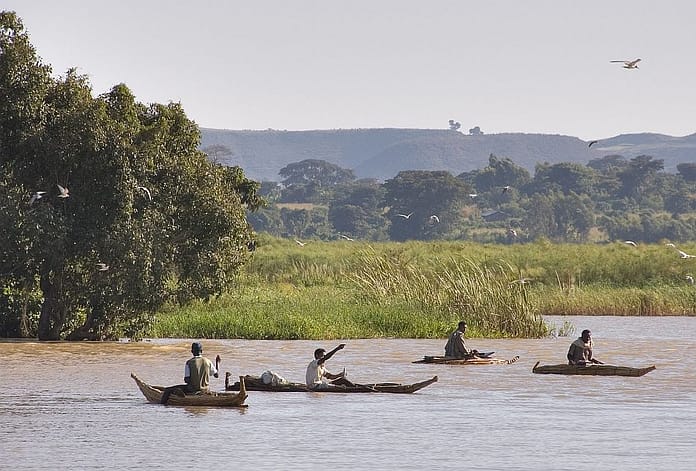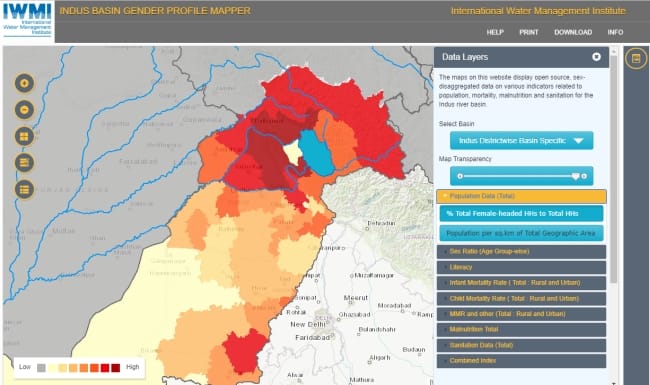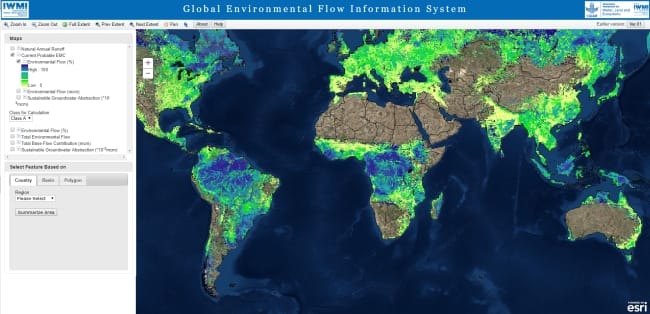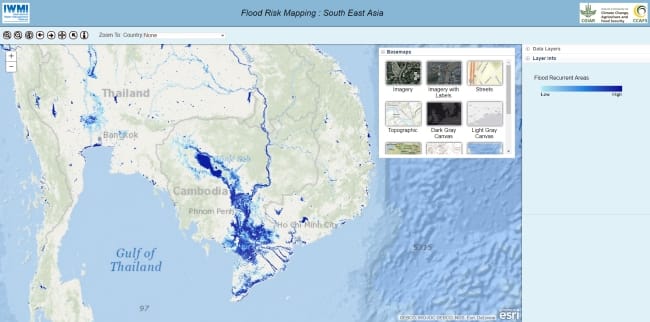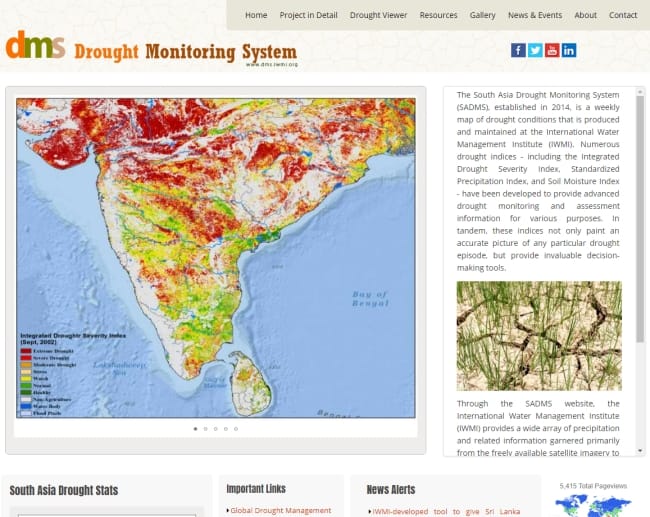
The International Water Management Institute (IWMI) handed over a prototype digital twin of the Limpopo River Basin in Africa to the Limpopo Water Course Commission (LIMCOM) on October 30, 2024, in Maseru, Lesotho.
LIMCOM, which represents the four nations sharing the river basin – Botswana, Mozambique, South Africa, Zimbabwe and Mozambique – will have access to the prototype’s portal allowing the organization to explore its functionality and tools. The prototype, although still in its early phase, already has the essential core features like data visualizations, reservoir monitoring, and an AI virtual assistant.
The digital twin is an innovative solution bringing together the complex data needed to manage the water resources of a river basin, in a way that is intuitive and simple to use. The twin hides all the complexities of the models within, so that any user can make effective decisions based on near real-time data. The twin contains structured datasets, including a hydrological model continually updated to be near real-time, environmental flow data, reservoir volumes, and a batch of predictive models which LIMCOM and other stakeholders can now use for analysis and decision-making. These tools are designed to empower evidence-based decision-making and promote collaborative water management across the basin. The digital twin will continue to be refined with support from IWMI based on LIMCOM’s feedback as it continues to define its needs together with those of its four member states.

Two years in the making, this is the first digital twin to be built for an African river basin.
Mariangel Garcia Andarcia, Research Group Leader, Water Futures and Data Analytics, IWMI, explained this partnership was very important from a data and digital point of view.
“It’s actually a very important milestone for us because this means that there is a commitment from the LIMCOM community and from the riparian countries to collaborate in terms of sharing and collaborating on data and information used for decision making. IWMI’s role under the digital twin is trying to close the data gaps between the science and the decision-making by bringing evidence to science using the data and the knowledge from the community.”
The diverse river ecosystems of the Limpopo River Basin sustain 18 million people who call the basin home. Hydroclimatic extremes, land degradation, poor water quality and excessive water abstractions, urbanization, and population growth, threaten the ecosystem and compromise its resilience and water security. All of this is exacerbated by climate change. Much of the data and information needed to create effective policies for water management is not available or does not yet exist. IWMI hopes to contribute towards filling this gap with its digital twin.
Sergio Sitoe, Executive Secretary, LIMCOM, signatory to the MOU signed at the handover, said the digital twin was based on information collected by the member states.
Sitoe said, “We need to make sure that we support researchers to advance the water resource management of the Limpopo basin. The MOU paves the way for collaboration, and we believe that plugging the digital twin into the Limpopo management information system, and the continued support from IWMI will assist us in filling the data gaps that we’ve identified.”
The handover of the prototype digital twin and the MOU solidified a partnership built over the last two decades in the region.
Henry Roman, Country Representative, South Africa, IWMI, said, this was not something that could be achieved by just one entity or organization. He said that IWMI actively and purposefully sought partnerships that would take the water agenda forward to improve water security within the regions that the organization works in.
Roman explained, “This partnership is seeking to ensure water security within the Limpopo River Basin through scientific support and capacity building. We also want to drive the digitization of water in the region through collection and sharing of data for evidence-based decision making.”


